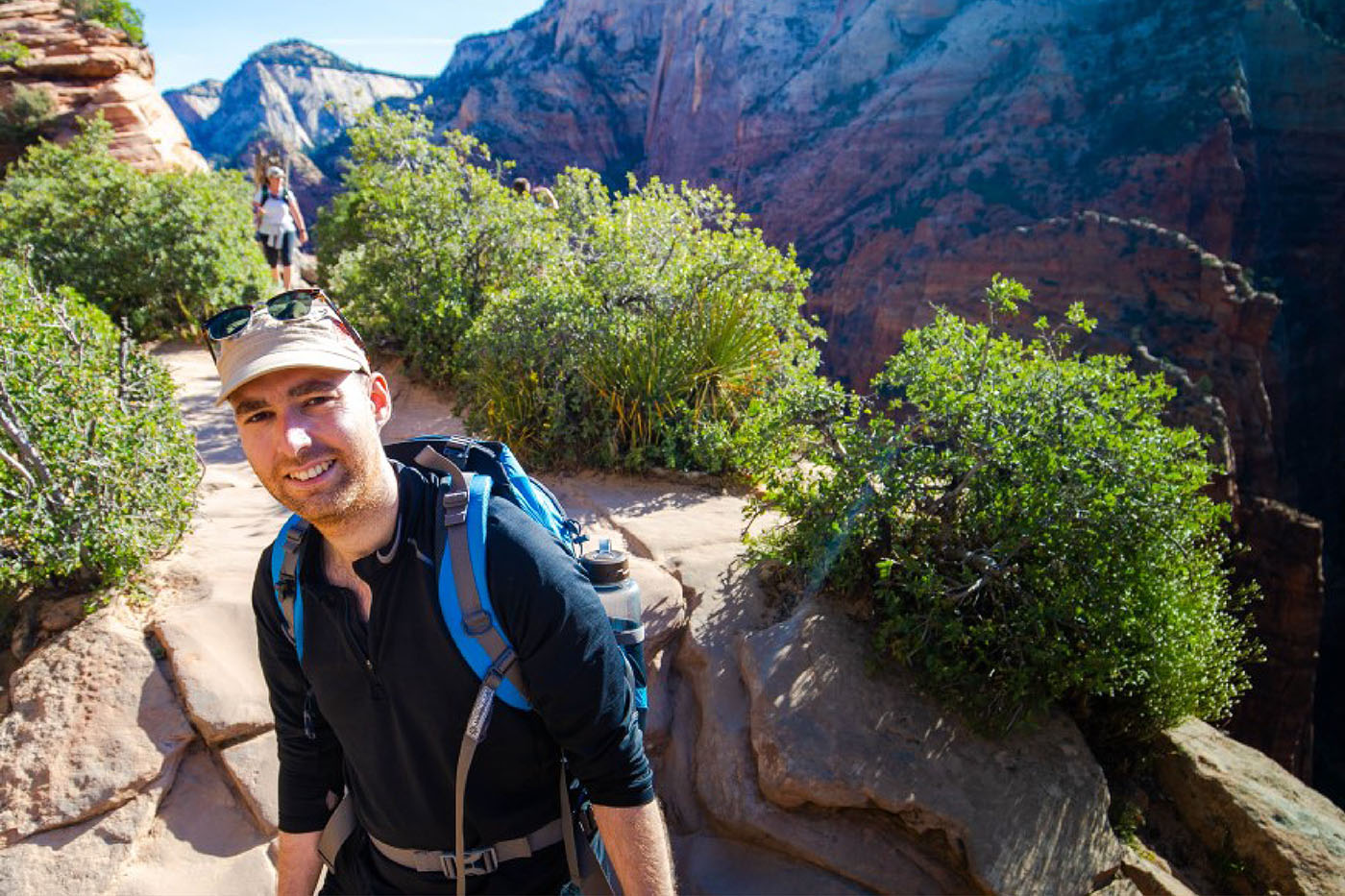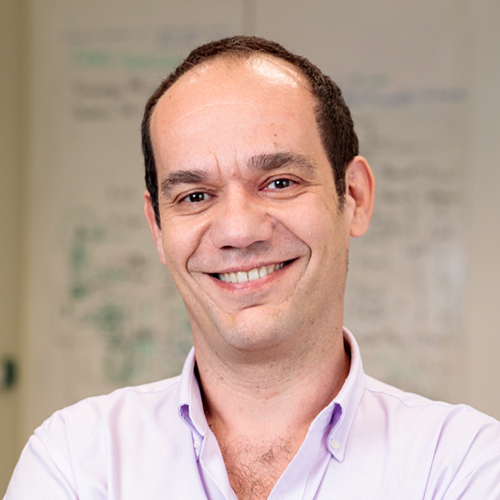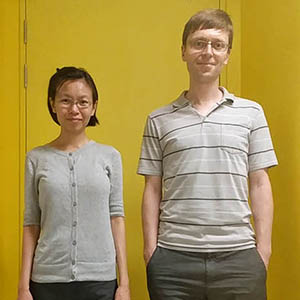Highlights
Meet a CQTian: Steven Touzard
 Steven hiking at Zion National Park one year ago after finishing his PhD thesis. Steven is looking forward to discover more of Asia while based in Singapore.
Steven hiking at Zion National Park one year ago after finishing his PhD thesis. Steven is looking forward to discover more of Asia while based in Singapore.
Update! In 2021, Steven received a Fellowship from the National Research Foundation, Singapore, and was appointed a Presidential Young Professor at the NUS Department of Physics and Department of Material Science and Engineering. He now leads a group working on quantum network technologies. Visit his laboratory website at qovelab.com
Read on for the interview from his earlier experience as a CQT research fellow...
Who are you?
My name is Steven Touzard. I am from France. Before I came to Singapore, I spent six years at Yale in the United States doing my PhD in superconducting circuits. Then a year ago I joined Travis Nicholson’s lab in CQT as a Research Fellow. I’ve been working on cold atoms, essentially changing fields from when I was doing my PhD.
What was your PhD about?
Please come for my CQT seminar on 17 September! I recently had two papers that came out one week apart in Nature, one as an author and the other one as first author, both on the work I was doing at Yale. The main subject is quantum error correction.
How did you find the switch from superconducting circuits to cold atoms?
Cold atoms have degrees of freedom that I find interesting. For example, you can study their electronic states, how they move, and how they interact with lasers and electromagnetic fields.
My first experience in cold atoms was with Travis’s first experiment, which is focused on laser cooling Indium: an atom that has never been trapped and cooled in a 3D trap. I spent about six months of my first year working on that project with people who were already established in the lab. That was a way for me to learn about this field and the technologies behind it.
What project are you working on now?
We are building a platform that allows single strontium atoms to be manipulated. We’re interested in encoding quantum information in these atoms and entangling them through Rydberg interactions. Having said that, we are building the apparatus to be nimble so that we can adapt it to do different types of experiments. We started this work in January.
Was the work affected by the pandemic?
There’s been a big break. As we couldn’t go to the lab at all, we couldn’t start setting up the experiment and the deliveries of some of our equipment also got delayed. Luckily, the team managed to keep in touch and collaborate by talking regularly over Zoom. We were able to work on the design of the experiment and we developed some ideas by discussing papers in journal clubs. Now that we are finally back in the lab, we are building the experiment itself.
An exciting process!
Yes, I am very excited about it. I came from a very well-established lab where some experimental processes were developed prior to my arrival. Now, working in a smaller and newer team makes me consider all aspects of planning an experiment from a very early stage and having to assemble everything definitely makes it very interesting. I got the opportunity to learn a lot of new skills that I believe will become important when I will have to handle my own group.
What is your favourite aspect of research?
Something I really like is designing your experiment with technologies that are at the edge of what exists. You have to build your research so that it goes slightly beyond this edge. Doing experimental research also forces you to be a good engineer.
Also, I’ve always been interested in teaching and the transmission of knowledge to a younger generation, hopefully to inspire them to become good scientists and/or good engineers. I can see that this will be an important aspect of my life as a researcher.
What was your path into research?
After high school, my mind was more set on doing mathematics, maybe computer science. I passed the entrance exam and got into École Normale Supérieure (ENS) and there I had a physics teacher who was absolutely extraordinary. He was definitely a great source of inspiration for me to become a physicist.
What are your hobbies outside the lab?
Plenty. My wife, Yvonne, and I do climbing and bouldering. More recently, I took up swimming because it is extremely easy to do in Singapore. During the circuit breaker, I picked up bread making, which might be surprising that as a French person I had never done that in my life before. I also started gardening.
Something that I really enjoy with Yvonne is travelling. One of the very good aspects about coming to Singapore is that I would be discovering a whole new continent. Singapore is my first entrance to Asia. We made plans to go to Taiwan, Japan and many other places but so far these are on hold. When the situation improves, going back to France is a priority because I miss family and friends there.
Watch Steven's talk on “Quantum error correction of a qubit encoded in grid states of an oscillator” on our Youtube channel: https://www.youtube.com/watch?v=0nG1rAOBNFg&t=3s
Learn more
Related Stories
 | Meet David Wilkowski, putting a new spin on cold strontium atoms May 06 2020 |
 | CQT welcomes two new Principal Investigators September 12 2017 |






